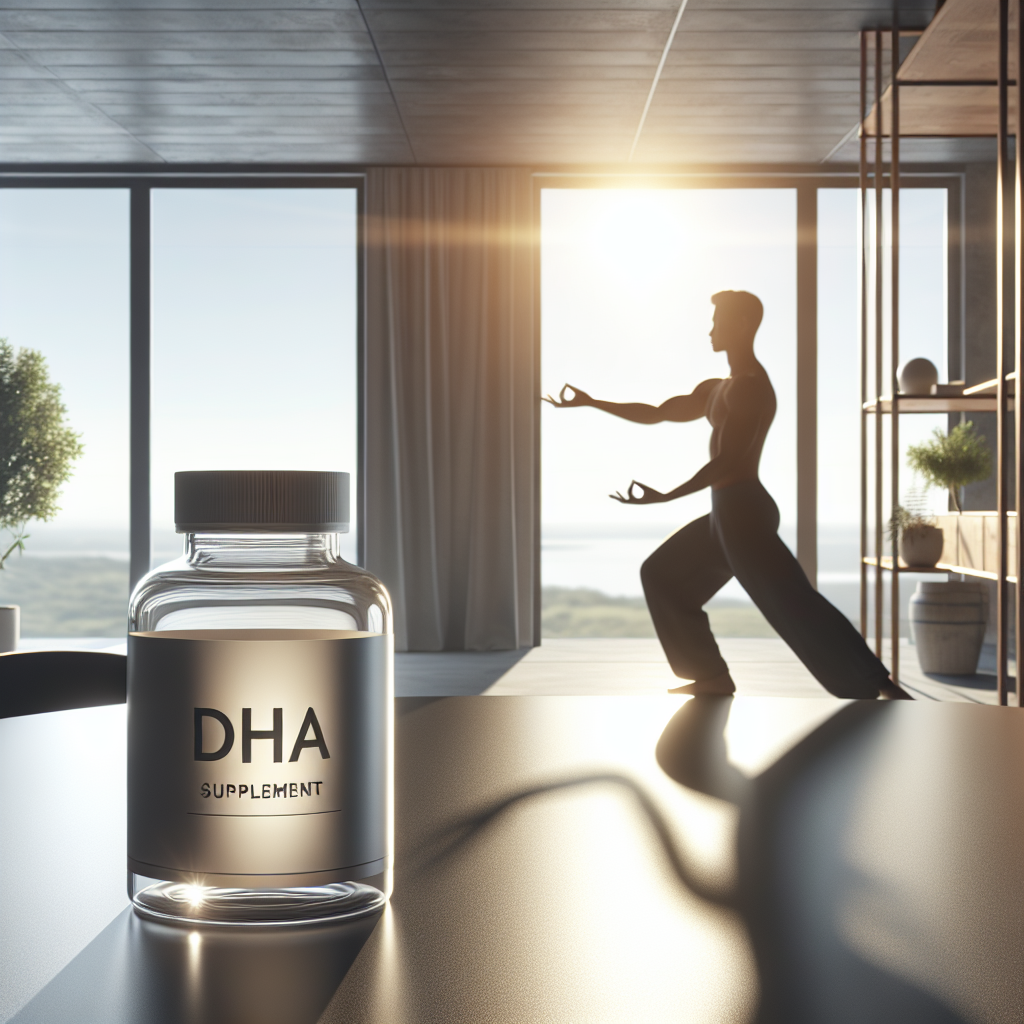The Combined Benefits of DHA and Exercise in TBI Recovery
The recent study, Exercise facilitates the action of dietary DHA on functional recovery after brain trauma, sheds light on the combined benefits of DHA (docosahexaenoic acid) and exercise in aiding recovery from traumatic brain injury (TBI). This research, published in Neuroscience, explores how these two factors work together to enhance brain function and cognitive recovery post-injury.
DHA, an omega-3 fatty acid found in fish oil, is crucial for brain health. It supports nerve impulse transmission, neuroplasticity, and cell communication. Exercise, on the other hand, is known for its myriad benefits, including improved brain function and reduced inflammation. The study aimed to determine if combining DHA supplementation with exercise could offer superior benefits for TBI recovery compared to either intervention alone.
In the study, rats with mild fluid percussion injury (a model for TBI) were divided into groups receiving either a DHA-enriched diet, exercise, both, or neither. The results were promising: the combination of DHA and exercise significantly improved cognitive function and brain health markers compared to the other groups. This suggests that the synergy between DHA and exercise could be a powerful tool in TBI recovery.
One of the key findings was that TBI reduced DHA levels in the brain, which was counteracted by both DHA supplementation and exercise. The combination of these interventions resulted in even higher DHA levels, indicating a complementary effect. This is crucial because DHA is a major component of brain cell membranes and is essential for maintaining their integrity and function.
The study also found that TBI increased oxidative stress in the brain, as evidenced by higher levels of 4-HHE, a marker of lipid peroxidation. Both DHA and exercise reduced these levels, with the combination showing the most significant reduction. This suggests that DHA and exercise together can better protect the brain from oxidative damage, which is a common consequence of TBI.
Moreover, the combination of DHA and exercise was found to enhance the levels of enzymes involved in DHA metabolism, such as Acox1 and 17-HSD4. These enzymes are crucial for synthesizing DHA from its precursors, and their increased levels indicate improved DHA metabolism, which is vital for brain health.
Interestingly, the study also highlighted the role of BDNF (brain-derived neurotrophic factor) and its receptor TrkB in cognitive recovery. BDNF is a protein that supports the survival of existing neurons and encourages the growth of new neurons and synapses. The combination of DHA and exercise significantly increased BDNF and TrkB levels, suggesting enhanced neuroplasticity and cognitive function.
These findings align with other research on the benefits of DHA and exercise. For instance, a review on the impact of EPA and DHA on athlete health highlighted DHA’s role in improving cognitive performance, reducing inflammation, and enhancing recovery from sports-related brain injuries. Similarly, a study on the effects of EPA and DHA found that these omega-3 fatty acids support brain function and recovery from injury by promoting protein synthesis and reducing muscle atrophy.
The current study’s findings are particularly relevant given the increasing recognition of the importance of DHA and exercise in brain health. While previous studies have shown the individual benefits of DHA and exercise, this study is among the first to demonstrate their combined effects on TBI recovery. This could have significant implications for developing new therapeutic strategies for TBI patients.
In conclusion, the recent study provides compelling evidence that combining DHA supplementation with exercise can significantly enhance cognitive recovery and brain health following TBI. This synergy between diet and physical activity offers a promising approach to improving outcomes for TBI patients. As research continues to uncover the mechanisms behind these benefits, it could lead to more effective treatments and better quality of life for those affected by brain injuries.

